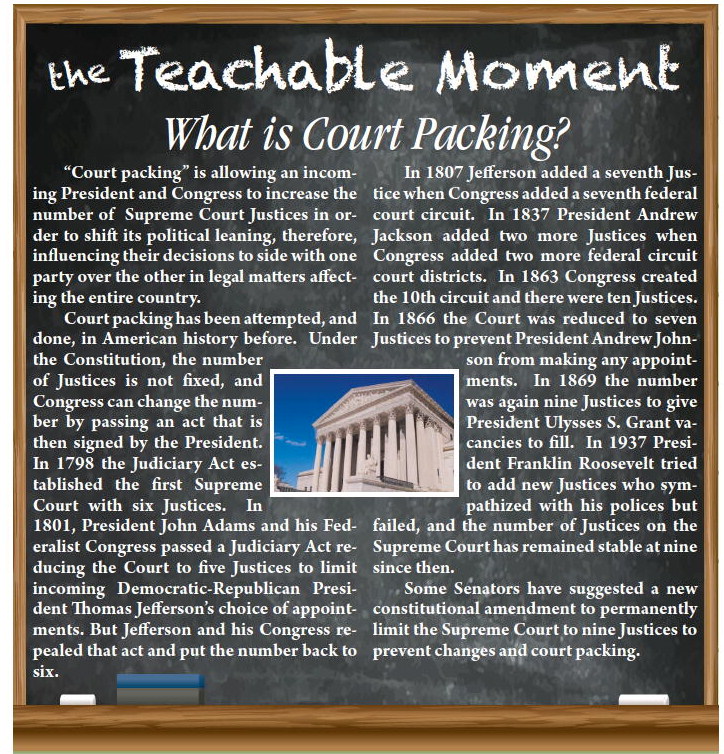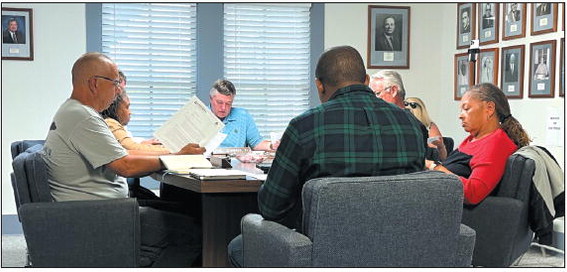Two Constitutional Amendments, One Statute On Statewide Ballot


Georgians heading to the polls next month will decide the fate of two amendments to the state Constitution supporters have been pushing for years. A third ballot question is being pitched as a way to increase Georgia’s stock of affordable housing.
Here is a description of the three statewide referendum measures in the order they will appear on the Nov. 3 ballot:
Amendment 1
House Resolution 164 requires that state fees and taxes collected for a specific purpose be used as intended in most circumstances. Supporters point to a history of Georgia governors and lawmakers raiding the state’s Hazardous Waste and Solid Waste Trust funds when money is tight. Between 2009 and 2019, only $56.4 million of $153.8 million paid into the Hazardous Waste Trust Fund was actually used to clean up waste sites. During the same decade, $72.7 million went into the Solid Waste Trust Fund, but only $22.5 million was spent getting rid of tire dumps and other waste management programs including recycling.
Governors and the General Assembly redirected the rest of that money into the state’s general fund budget for a variety of needs, particularly during years when income and sales tax revenues fell off.
“It really got bad during the Great Recession,” said Mark Woodall, chairman of the Georgia Sierra Club’s legislative committee. “But they’ll grab that money even in a good year.” Kathleen Bowen, associate legislative director at the Association County Commissioners of Georgia, said of the two state trust funds, the Hazardous Waste Trust Fund has the greater need. The Georgia Environmental Protection Division has done a good job bringing funds from
Ballot continued from page
its budget to bear to clean up tire dumps when money from the Solid Waste Trust Fund wasn’t available, she said.
But there’s not nearly enough money to clean up the 503 hazardous waste sites scattered across Georgia, Bowen said.
“The state has only been able to fund a couple of sites per budget cycle,” she said. “It costs a lot of money.”
The Georgia House of Representatives has passed the amendment to dedicate the two trust funds to their intended purposes repeatedly, a tribute to the work of the late Rep. Jay Powell, R-Camilla, who died last November.
But the state Senate has blocked the proposal just as many times. The late Senate Appropriations Committee Chairman Jack Hill, R-Reidsville, who died last April, was concerned that requiring the trust fund money to stay put would leave the state without budget flexibility during economic downturns.
Sen. Blake Tillery, R-Vidalia, Hill’s successor on the budget-writing committee, said he shares his predecessor’s reservations. But he said he comes down on the side of truth in advertising. “The citizens of Georgia deserve honesty and transparency in fees,” Tillery said. “It does hamper flexibility, but transparency is worth it.” Georgia Rep. Andrew Welch, R-McDonough, who picked up sponsorship of the constitutional amendment from Powell, said the measure contains several safeguards to protect the state when money is tight. Under the proposal, the governor can temporarily suspend the requirement to dedicate all fees to a trust fund in a financial emergency. It also prohibits designating 1% or more of total state revenues during a given year to trust funds, and any fee or tax intended to fund a specific purpose automatically expires after 10 years. “I worked with Jack on that, trying to address his and other members’ concerns about what you do when you have a contraction of the economy,” Welch said. “There are adequate safeguards, which we support,” Woodall added. “You do have to keep the government running.”
Amendment 2
Welch also played a major role in Amendment 2 as chief sponsor of House Resolution 1023. It prohibits the state and local governments from using the legal doctrine of “sovereign immunity” to keep citizens from suing them when government officials commit unconstitutional actions.
The amendment stems from a 2014 Georgia Supreme Court decision that virtually gave the state blanket immunity from citizen lawsuits in a case brought by the Center for a Sustainable Coast. The group had filed suit alleging the state Department of Natural Resources was illegally allowing alterations to private property in fragile coastal wetland areas protected by state law.
The court doubled down two years later, citing sovereign immunity in refusing to consider a legal challenge to a University System of Georgia policy requiring students who are illegal immigrants to pay out-of-state tuition rates.
“Historically, citizens were able to sue their government, state or local, in state court to seek an injunction or declaration that their rights were being violated,” Welch said. “With those decisions, the citizens of this state were not able to get into the courthouse.”
Supporters put the mea- continued from page
sure into the form of a constitutional amendment after two governors vetoed previous bills passed by the General Assembly. Unlike statutes, constitutional amendments bypass the governor and go directly to Georgia voters.
Both Gov. Brian Kemp and Nathan Deal, Kemp’s immediate predecessor, argued that denying the state the defense of sovereign immunity would allow “unprecedented judicial intervention into daily management decisions entrusted to the executive branch of government,” as Deal put it in a 2016 veto message.
Welch said the proposed amendment includes provisions to limit the scope of citizen lawsuits. It prohibits plaintiffs from recovering monetary damages or attorney fees.
“We don’t want people just filing frivolous lawsuits to try to generate attorney fees,” Welch said. “This is about upholding legal rights.”
Referendum A
House Bill 344 authorizes a tax exemption for property owned by charitable organizations for the purpose of building or repairing single-family homes to be sold to individuals through no-interest loans.
If passed, the measure would help grow the stock of affordable housing in Georgia, particularly in small cities and rural communities, said Ryan Willoughby, executive director of Columbus-based Habitat for Humanity of Georgia.
“Every dollar we can save makes a difference in terms of completing a project in a timely manner,” he said.
Willoughby said helping Georgians forced to rent move into their own home is a quality-of-life issue. He cited a 2017 Georgia Tech study that found children who live in owner-occupied homes do better in school.
Offering tax breaks to encourage single-family home construction also pays off in the long run for a local community’s tax base, Willoughby
said. “Our lots are usually vacant in undeveloped areas that don’t tend to have large property tax bases,” he said. “The smaller municipalities will really benefit in a big way.”







